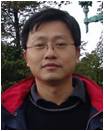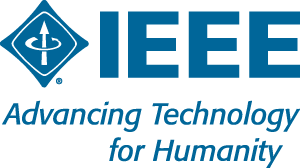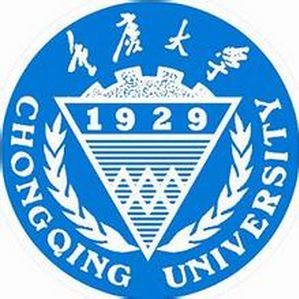Keynote Speech 1
Non-Volatile Memory Innovation
Prof. Tei-Wei Kuo: Distinguished Professor, IEEE Fellow, National Taiwan University
As flash memory gains its huge momentum in the storage market, people have high expectation on other potential roles that could be played by non-volatile memory. It has been a grand challenge to position selected non-volatile memory technologies in the memory hierarchy. In this talk, I will take flash memory and phased change memory (PCM) as examples to address the challenges and design methodologies for non-volatile memory as a storage medium or to serve as the role of DRAM. The talk will be concluded by moving the discussion forward to the opportunities of non-volatile memory in system designs, such as server cache and data storage in data manipulation.
Biography
Prof. Tei-Wei Kuo received his B.S.E. and Ph.D. degrees in computer science from the National Taiwan University and the University of Texas at Austin in 1986 and 1994, respectively. He is currently a distinguished professor of the Department of Computer Science and Information Engineering, National Taiwan University, where he was the department chair between 2005 and 2008. He is also the executive director and a distinguished research fellow of the Intelligent and Ubiquitous Computing Thematic Center of the Research Center of the IT Innovation, Academia Sinica, Taiwan. He is also a program director of the Computer Science Division of the Ministry of Secience and Technology, Taiwan. He was an independent board director of Genesys Logics and MStar Semiconductor.
The research areas of Prof. Kuo include embedded systems, real-time systems, and non-volatile memory. He has published a number of papers in top journal and conferences with three best paper awards of ACM/IEEE conferences of his fields so far and owns more than 15 patents in flash memory storage systems and real-time operating systems. His honors include IEEE Fellow, the Distinguished Research Award from the National Science Council of Taiwan, the Young Scholar Research Award from the Academia Sinica, and the Ten Outstanding Young Persons Award of Taiwan. He serves in the editorial board of the Journal of Real-Time Systems, IEEE Embedded Systems Letters, and IEEE Transactions on Industrial Informatics. He was a Program Chair and a General Chair of the IEEE Real-Time Systems Symposium (RTSS) and serves as a program committee members of many top conferences in his fields, such as DAC, RTAS, EMSOFT, CODES+ISSS, ICDCS, etc.






